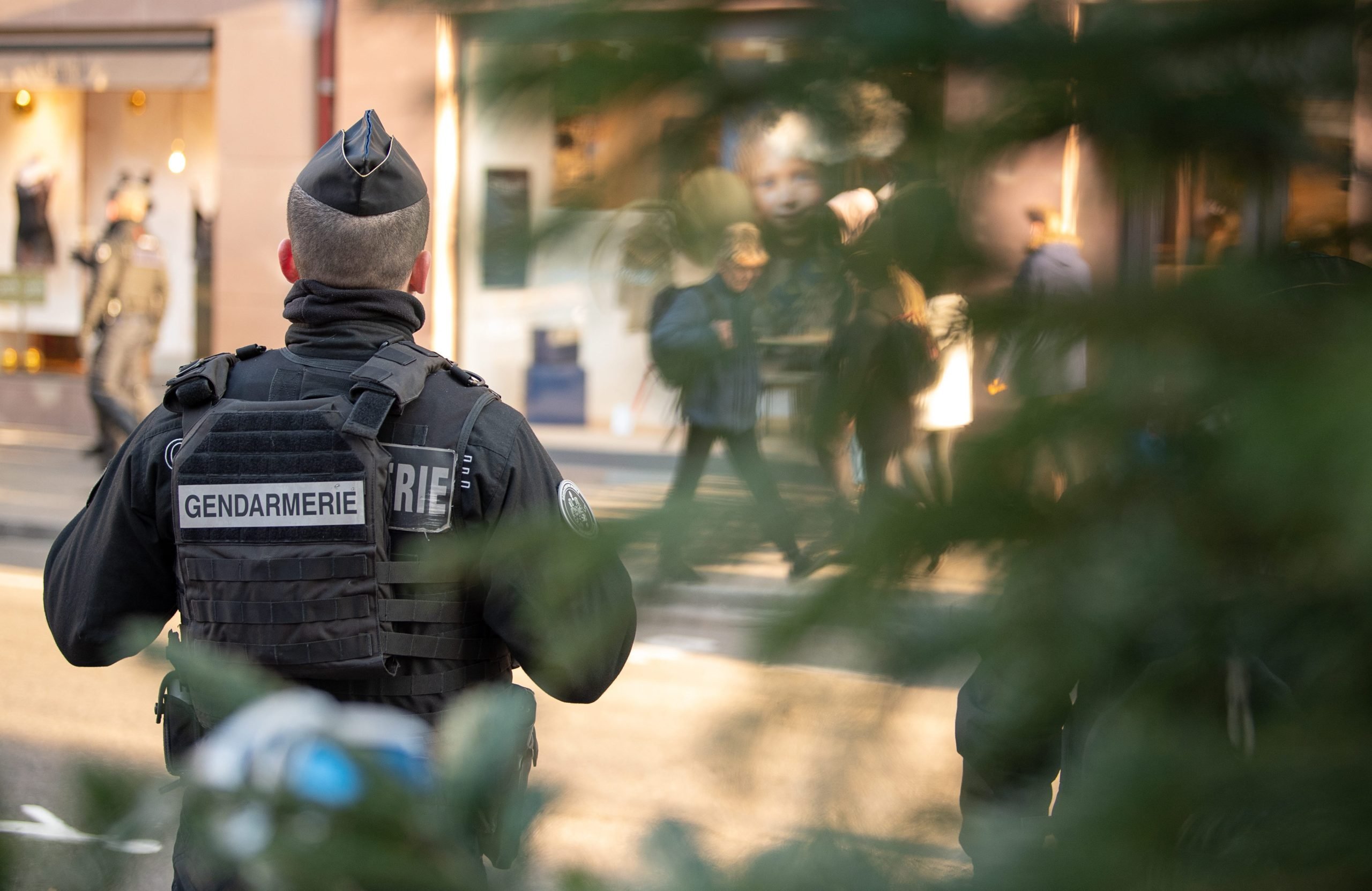OFFICIALS in Brussels have warned there is a ‘high risk’ of terror attacks across Europe this Christmas.
European Commissioner Ylva Johansson issued the warning this Tuesday, December 6.

She cited recent attacks throughout Europe including in Paris and Brussels, where two people died, as well as the ongoing Israel-Hamas conflict.
The warning comes after a spate of arrests throughout Spain, where known Jihadists have been brought to justice.
It includes the arrest of top Jihadi recruiter, Mustafa Maya in Melilla on October 23 and ‘Said B’, a Jihadist Tiktokker arrested in Barcelona for planning attacks on the Jewish and LGBT communities.
In October, four individuals were also arrested as part of nationwide anti-terror efforts.

In the same month, it was revealed that Spain is on high alert for 12 known Jihadists in the country.
According to the Department for National Security, they represent ‘one of the biggest dangers and challenges’ in the struggle against terrorism.
The 12 Jihadists being monitored are classed as ‘returned foreign terrorist fighters’. This classification refers to someone who has ‘travelled away from their home state in order to commit, plan or participate in terrorist acts’.
In Spain, nine of these individuals are in prison, while 12 roam free.
The most recent Jihadist attack in Spain was at two churches in Algeciras, near the tourist mecca of the Costa del Sol, in January this year.
It followed a 2017 attack by an Isalmic terror group in Barcelona in which 15 people were killed and at least 136 injured.
Reports from the Centre of Counter Terrorism and Organised Crime Intelligence (CITCO) state that 15% of the most high risk terrorists are of Spanish nationality and 64% are Moroccan.
Despite the concerns, Spain’s threat level has not been increased but reinforcements are now in place at ‘sensitive’ points like embassies and spaces associated with the Jewish community.
The country’s threat level currently stands at four, where it has been since 2015 following terror attacks in France.
However, it is reviewed by the ‘Terrorist Threat Level Committee’ on a weekly basis.
The level could rise to five if solid evidence of an upcoming terror attack arose. It would cause the Spanish army to be deployed in an effort to protect citizens.
As well as citing terrorism concerns, Johansson also used the meeting of EU home secretaries, to advocate for a unified effort to tackle migration and refugee issues.
This Thursday, officials will finally give the green light to a united EU migration policy.
It comes after months of negotiation between member states but Spanish minister Fernando Grande Marlaska, is optimistic.
He said: “It’s a very constructive environment, I think we’ll reach an agreement.”
Migration has reached record highs in recent months, with 331,000 people entering the EU, 41,000 of which arrive in Spain.
READ MORE:
- Spain’s new government at risk, as five Podemos deputies break away from coalition partner Sumar
- WATCH: Adorable chocolate labrador joins the local police on Spain’s Costa del Sol after being rescued
- Husband, 94, goes viral in Spain after being forced to push his sick wife on a wheelchair from hospital due to a lack of ambulances
Click here to read more News from The Olive Press.








